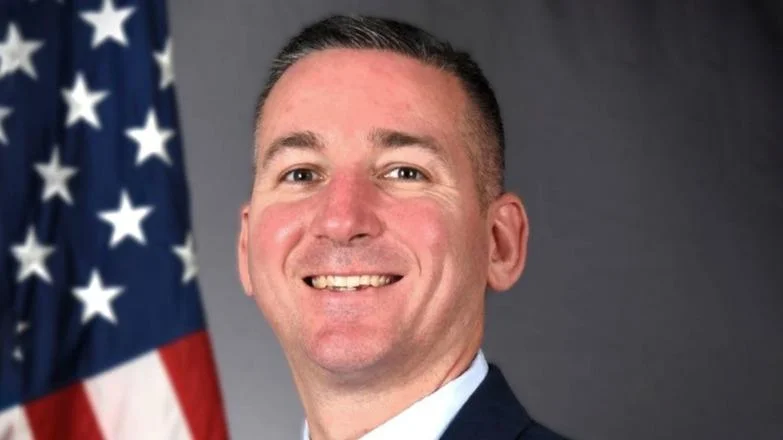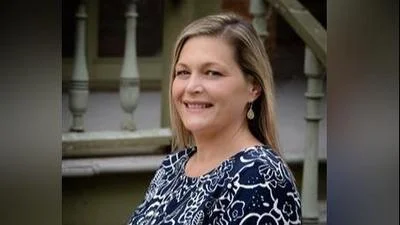Ben Franklin, Wisconsin State Representative for 88th District | www.facebook.com
Ben Franklin, Wisconsin State Representative for 88th District | www.facebook.com
According to the Wisconsin State Legislature's official website, the bill was described as follows: "exempting certain conveyances between grandparents and grandchildren from the real estate transfer fee. (FE)".
The following is our breakdown, based on the actual bill text, and may include interpretation to clarify its provisions.
In essence, this bill amends Wisconsin statutes to exempt real estate conveyances between grandparents and grandchildren from the real estate transfer fee when the transaction is conducted for nominal or no consideration. Under current law, most real estate transfers require the payer to submit a transfer return and pay a fee of 30 cents per $100 of the property's value. By altering the criteria in Section 77.25 (8), the bill aims to reduce the financial burden on families transferring property across generations. The act will first apply to qualifying conveyances filed on the date the bill becomes effective. This exemption could potentially be reviewed by the Joint Survey Committee on Tax Exemptions.
The bill was co-authored by Senator Eric Wimberger (Republican-2nd District), Representative Elijah R. Behnke (Republican-6th District), Representative Barbara Dittrich (Republican-99th District), Representative Daniel Knodl (Republican-24th District), and Representative Rob Kreibich (Republican-28th District). It was co-sponsored by Senator Howard L. Marklein (Republican-17th District) and Senator Cory Tomczyk (Republican-29th District), along with eight other co-sponsors.
Benjamin Franklin has authored or co-authored another 11 bills since the beginning of the 2025 session, with none of them being enacted.
Franklin graduated from Trident University International in 2020 with a BA.
Franklin, a Republican, was elected to the Wisconsin State Assembly in 2025 to represent the state's 88th Assembly district, replacing previous state representative John Macco.
In Wisconsin, the legislative process starts when a senator, constituent, group, or agency proposes an idea for a bill. After drafting, the bill is introduced, numbered, and referred to a committee for review and public input. If approved, it moves through three readings and votes in both the Senate and Assembly. Once both chambers pass the same version, the bill goes to the governor, who can sign it, veto it, or let it become law without a signature. Only a small share of bills introduced each session ultimately become law. You can learn more about the Wisconsin legislative process here.
| Bill Number | Date Introduced | Short Description |
|---|---|---|
| AB82 | 02/28/2025 | Exempting certain conveyances between grandparents and grandchildren from the real estate transfer fee. (FE) |
| AB74 | 02/28/2025 | Parental notification of alleged sexual misconduct by a school staff member. (FE) |
| AB17 | 02/06/2025 | Creating an employee ownership conversion costs tax credit, a deduction for capital gains from the transfer of a business to employee ownership, and an employee ownership education and outreach program. (FE) |
| AB6 | 02/04/2025 | Requiring a school board to spend at least 70 percent of its operating expenditures on direct classroom expenditures and annual pay increases for school administrators. (FE) |






 Alerts Sign-up
Alerts Sign-up